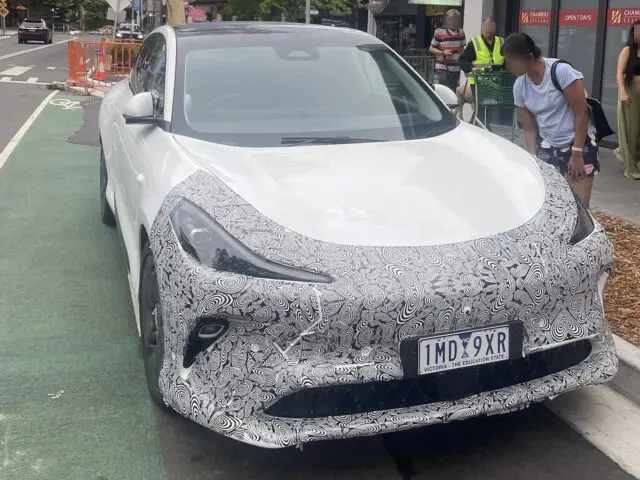The Chinese government has capitulated to the demands of automotive dealer lobby groups and delayed the implementation of the 6b pollution standard, which was due to come into force on July 1. This standard further tightens the 6a standard that was announced in 2016, and lowers the limits by about one third to half of the magnitude for toxic NOX, THC, NMHC, PM, and CH4 emissions.
The China Automobile Dealers Chamber of Commerce (CADCC) had posted an article on WeChat saying that dealers could be left with hundreds of thousands of non-compliant unsellable petrol and diesel vehicles once China’s new emission standard is implemented in July. The CADCC had appealed for three measures on behalf of the majority of auto dealers: postpone the implementation of the China VI B emission standards to January 1, 2024; car makers should stop producing new cars that do not meet the China VI B emission standards; and auto OEMs should allocate existing new cars that do not meet the China VI B emission standards to dealers as soon as possible, and launch sales promotions.
The Chinese government has now agreed to delay the implementation of the 6b standard, allowing dealers to continue selling petrol and diesel cars that don’t meet 6b. This has sparked a price war in China as dealers scramble to offload non-compliant stock before 6b comes into force. However, Chinese consumers are rapidly shifting to EVs, with over 25% of all new cars sold in China in 2022 being electric. This shift has caused sales of Japanese, German and US brands to plummet in China.
The Chinese government’s decision to delay the new pollution standard follows a similar recent cave in by the European Union. The EU was forced to allow an amendment to its 2035 petrol and diesel car ban to allow vehicles that run on e-fuels to be excluded from the ban. This amendment is believed to be a loophole to enable the continued sale of petrol vehicles in Europe after 2035.
Governments around the world are facing growing pressure from the public to phase out petrol and diesel cars as soon as possible. However, the automotive industry’s continued lobbying to delay the transition to clean transport will have profoundly negative impacts on the world’s ability to limit greenhouse gas emissions and cause billions of people to suffer from higher rates of air pollution.
FAQ
Q1: Are electric car batteries recyclable?
A1: Yes, electric car batteries are recyclable.
Q2: Are electric car chargers free?
A2: It depends on the charger and the location. Some electric car chargers are free, while others may require a fee.
Q3: Can electric car batteries be rebuilt?
A3: Yes, electric car batteries can be rebuilt with the right tools and knowledge.











